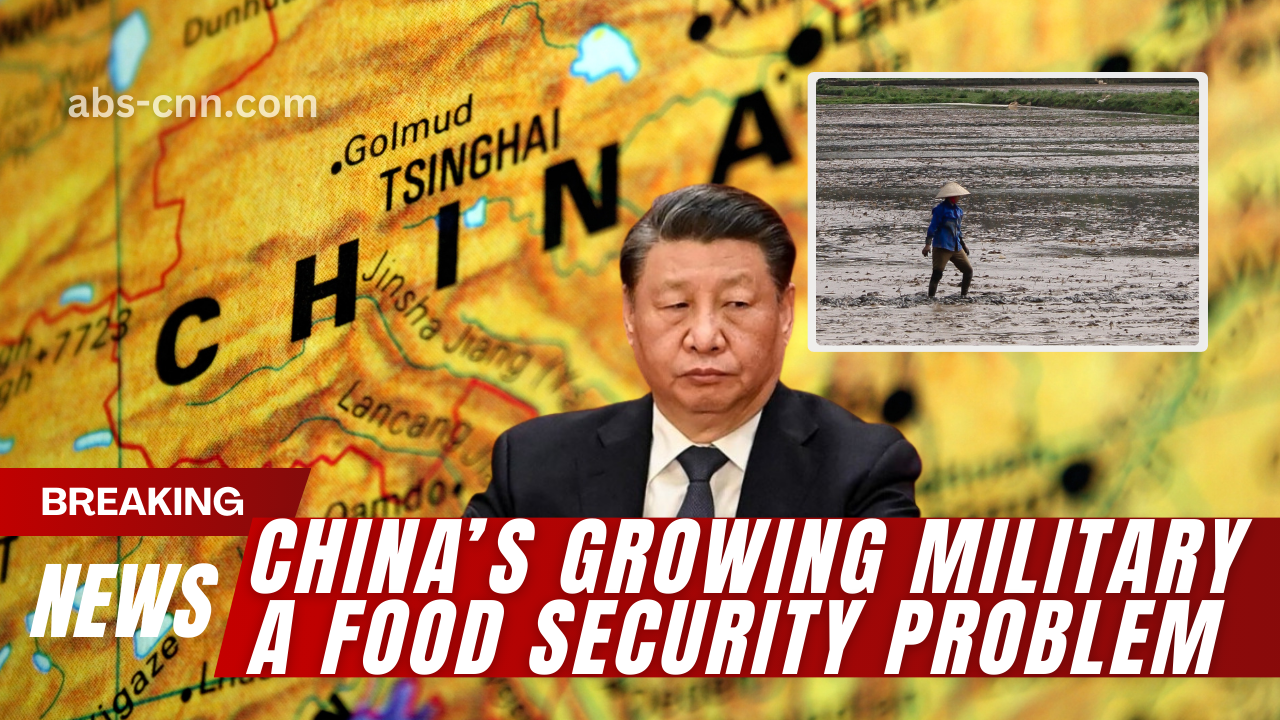Food security is a critical issue for any nation, and China is no exception. With its large population and rapid economic growth, ensuring a steady and reliable food supply has become a top priority for the Chinese government. In this article, we will explore the reasons why food security is of utmost importance to China and the measures it has taken to address this pressing issue.
The Challenge of Feeding a Growing Population
China is the most populous country in the world, with over 1.4 billion people. As the population continues to grow, so does the demand for food. To sustain its people, China needs to produce enough food to meet this increasing demand. However, the country faces several challenges in achieving this goal.
Limited Arable Land
One of the major challenges is the limited availability of arable land. China has the world’s largest population but only about 7% of the world’s arable land. This means that each hectare of land needs to be highly productive to maximize food production. Additionally, urbanization and industrialization have further reduced the amount of arable land, putting additional pressure on the remaining agricultural areas.
Water Scarcity
Another significant challenge is water scarcity. China is home to some of the most densely populated and water-stressed regions in the world. Rapid urbanization and industrial development have led to increased water pollution and depletion of water resources. This poses a significant threat to agricultural production, as water is essential for irrigation and crop growth.
Ensuring Food Security
Recognizing the importance of food security, the Chinese government has implemented various measures to address these challenges and ensure a steady food supply for its population.
Increasing Agricultural Productivity
China has made significant efforts to increase agricultural productivity through technological advancements and modern farming practices. The government has invested in research and development, promoting the use of high-yield crop varieties, precision farming techniques, and efficient irrigation systems. These initiatives have helped to improve crop yields and maximize the use of limited resources.
Improving Land Use Efficiency
To overcome the limited availability of arable land, China has focused on improving land use efficiency. The government has implemented policies to protect and preserve agricultural land, discourage urban encroachment, and promote sustainable land use practices. Additionally, there has been a push towards vertical farming and the use of urban agriculture to make the most of limited space.
Enhancing Water Management
Addressing water scarcity is crucial for ensuring food security. China has implemented various measures to improve water management in agriculture, including the construction of water-saving irrigation systems, the promotion of water-efficient technologies, and the implementation of water pricing mechanisms to encourage responsible water use. These efforts aim to reduce water wastage and ensure the availability of water for agricultural purposes.
The Importance of Food Security for China
Food security is not just about ensuring a sufficient food supply; it also has broader implications for social stability, economic development, and national security.
Social Stability
Adequate access to food is essential for social stability. A shortage or unaffordability of food can lead to social unrest and political instability. By prioritizing food security, China aims to ensure that its population has access to safe and affordable food, thus promoting social harmony and stability.
Economic Development
Food security is closely linked to economic development. A reliable food supply provides a foundation for sustained economic growth. By investing in agriculture and ensuring food security, China aims to create a strong agricultural sector, generate rural employment opportunities, and reduce poverty in rural areas.
National Security
Food security is also a matter of national security. Dependence on food imports can leave a country vulnerable to supply disruptions and price fluctuations. By prioritizing self-sufficiency in food production, China aims to reduce its dependence on imports and ensure its ability to feed its population even in times of global food crises or geopolitical tensions.
Conclusion
Food security is a top priority for China due to its large population and the challenges it faces in feeding its people. By increasing agricultural productivity, improving land use efficiency, and enhancing water management, China is taking significant steps towards ensuring a steady and reliable food supply. By prioritizing food security, China aims to promote social stability, economic development, and national security, ultimately benefiting its people and the nation as a whole.













